Owning a home is a major investment, and unfortunately, scammers are constantly coming up with new ways to take advantage of unsuspecting homeowners. In 2025, fraudsters are using increasingly sophisticated tactics to steal money, personal information, and even property. Whether it’s fake contractors, fraudulent loan offers, or high-tech cyber scams, homeowners need to stay vigilant to avoid falling victim to these schemes.
Many of these scams rely on urgency, pressure tactics, and deceptive contracts to trick people into handing over their hard-earned cash. The best way to protect yourself is to recognize the warning signs and verify any claims before making financial commitments. Here are 12 of the most common homeowner scams that are becoming more widespread in 2025.
1. Fake Home Repair Contractors

One of the oldest and most common scams involves fraudulent home repair contractors who take payments upfront but never complete the work—or do it so poorly that further repairs are needed. These scammers often target homeowners after storms, claiming they can fix roof damage, siding issues, or flooding problems quickly and cheaply. According to The Better Business Bureau, home improvement scams consistently rank among the top types of fraud reported each year.
Scammers may offer deals that seem too good to be true, demand cash payments, or use high-pressure tactics to rush homeowners into signing contracts. In some cases, they may even create fake damage to justify unnecessary repairs. To avoid being scammed, always verify a contractor’s license, check online reviews, and never pay the full amount upfront.
2. Mortgage Relief and Foreclosure Scams
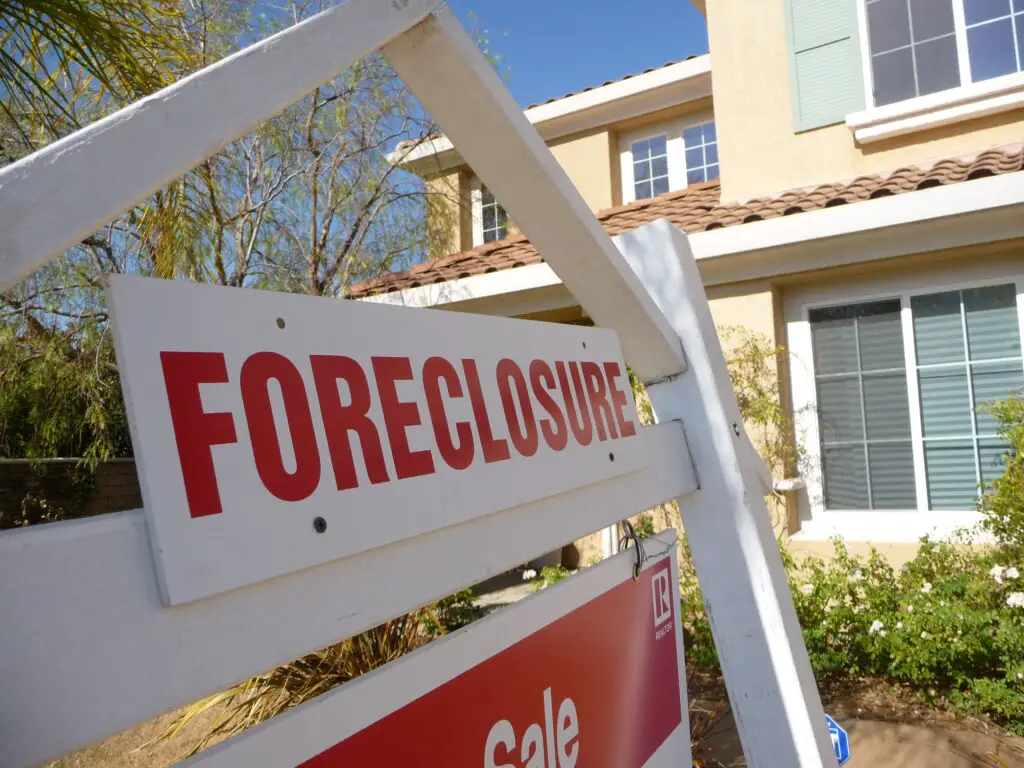
Homeowners struggling with mortgage payments are prime targets for foreclosure rescue scams. Fraudulent companies claim they can negotiate with lenders to reduce payments or stop foreclosure in exchange for a hefty upfront fee. According to The Consumer Financial Protection Bureau, these scams often involve fake legal services or forged documents that ultimately do nothing to help the homeowner.
In some cases, scammers convince homeowners to sign over their property deeds, promising they can buy time to save the home—only to steal it outright. If you’re facing financial difficulties, work directly with your lender or a verified housing counselor instead of responding to unsolicited offers of help.
3. Fake Home Warranty Plans

Scammers are increasingly targeting homeowners with bogus home warranty plans that promise to cover repairs and replacements but fail to deliver. These fraudulent companies send official-looking mailers claiming a homeowner’s warranty is expiring, pressuring them to purchase a new policy immediately. According to The Federal Trade Commission, some of these so-called warranties offer almost no real coverage and refuse to pay for necessary repairs.
Victims often don’t realize they’ve been scammed until they file a claim and are denied due to fine-print exclusions. Before purchasing any home warranty, research the company’s reputation, read customer reviews, and verify its legitimacy through agencies like the Better Business Bureau.
4. Title Fraud and Property Deed Scams

Title fraud is a growing problem where criminals steal a homeowner’s identity to transfer property deeds into their own name. This allows scammers to take out loans or even sell the home without the owner’s knowledge. According to The FBI, cases of title fraud have been increasing, especially among homeowners who are elderly, own second homes, or have paid off their mortgages.
Homeowners may only discover the fraud when they receive foreclosure notices or eviction threats. To prevent title fraud, regularly check property records, set up fraud alerts with your county recorder’s office, and consider title insurance for extra protection.
5. Fake Property Tax Scams

Some scammers impersonate tax authorities, sending official-looking notices that demand immediate payment of overdue property taxes. They often threaten foreclosure or legal action if the homeowner doesn’t comply. According to The National Taxpayer Advocate, property tax scams tend to increase around tax season when homeowners are already expecting bills.
These fraudsters may ask for payment through wire transfers, prepaid cards, or cryptocurrency—methods that are difficult to trace and recover. If you receive a suspicious notice, contact your local tax office directly to verify its authenticity before making any payments.
6. Fraudulent Rental Listings
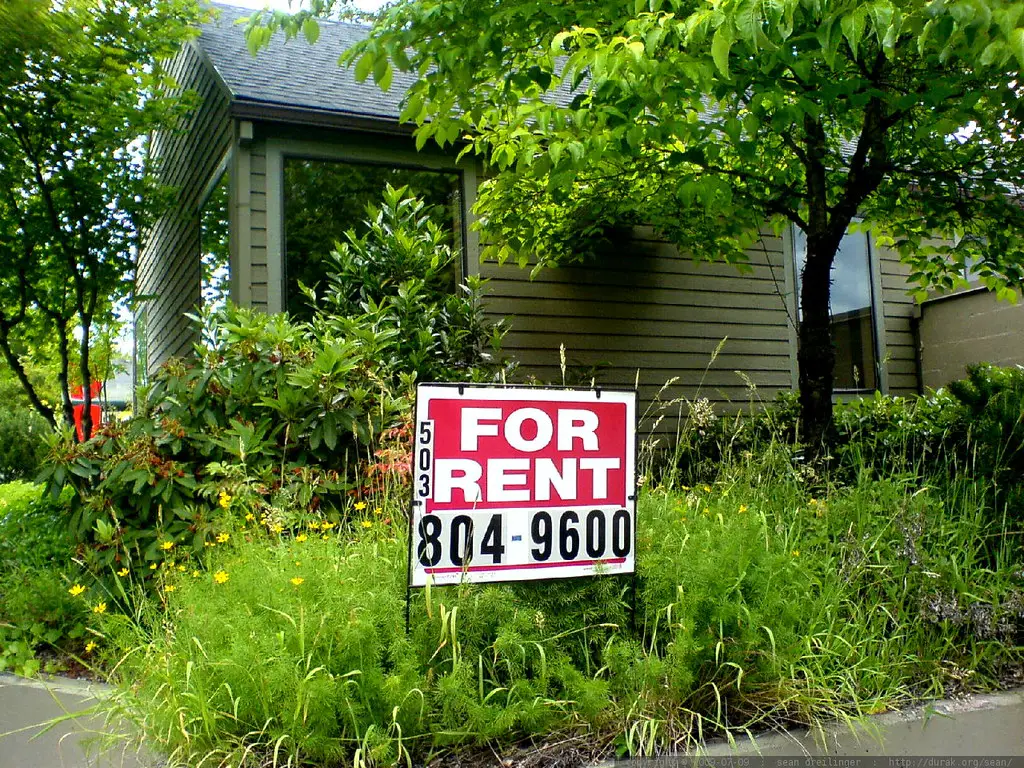
Rental scams aren’t just a problem for tenants—homeowners can also be victims. Scammers steal property photos from legitimate listings and post fake rental ads online, often at below-market prices to attract desperate renters. According to Zillow, these fraudsters may collect application fees, security deposits, or even first-month rent before disappearing.
Homeowners sometimes discover the scam when strangers show up at their property expecting to move in. To prevent this, regularly check for fraudulent listings using your home’s address and report any fake ads immediately.
7. Phony Utility Company Calls

Scammers impersonating utility companies have become increasingly aggressive, calling homeowners and demanding immediate payment for overdue bills. They often threaten to shut off electricity, gas, or water services unless payment is made immediately via gift cards, wire transfers, or cryptocurrency. According to The Federal Communications Commission, these scams have been rising as fraudsters exploit smart meter installations and digital billing systems.
Legitimate utility companies never demand instant payments through unconventional methods. If you receive a suspicious call, hang up and contact your utility provider directly using the number on your bill.
8. Fake Landscaping and Tree Removal Services
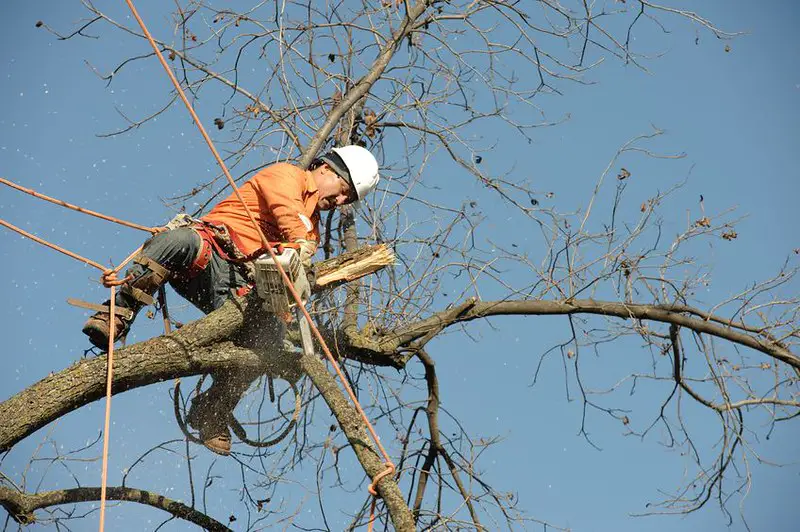
Homeowners are often targeted by fake landscapers and tree removal companies, especially after storms or during seasonal cleanups. These scammers go door-to-door, offering to trim trees or perform yard work at a low price—only to demand more money mid-job or leave the work incomplete. According to The International Society of Arboriculture, improper tree trimming can cause significant damage, leading to costly repairs.
Some scammers even fabricate problems, convincing homeowners to remove perfectly healthy trees. To avoid this, always check credentials, ask for proof of insurance, and get multiple quotes before agreeing to any service.
9. Fake Solar Panel Installation Companies
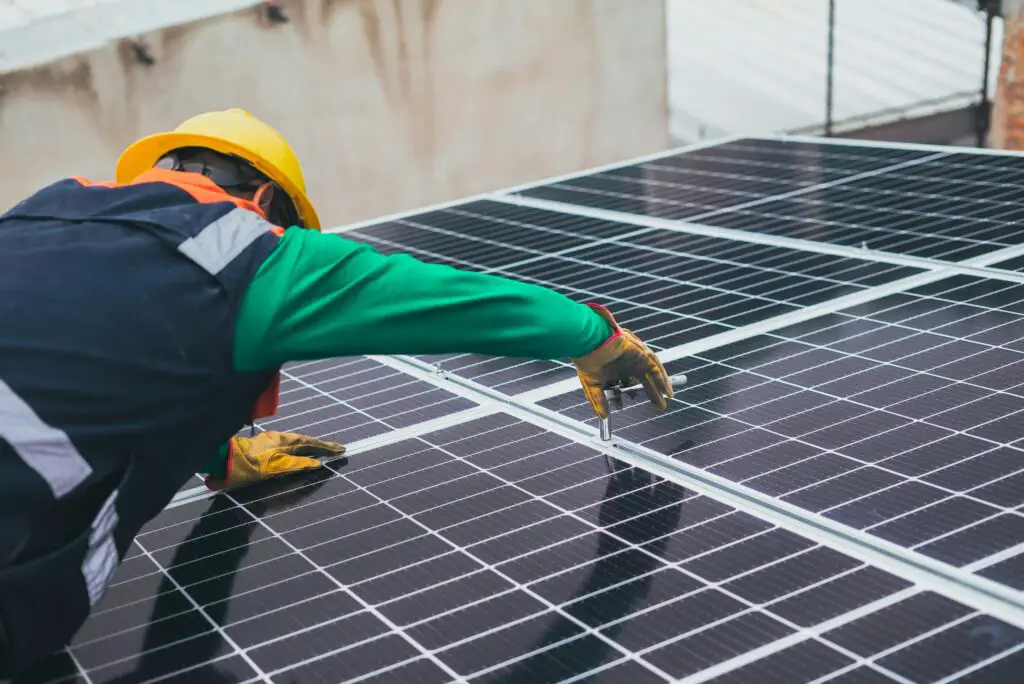
With rising energy costs, solar panel scams are becoming more prevalent. Fraudulent companies promise massive savings and government incentives to lure homeowners into signing contracts. According to The Solar Energy Industries Association, some of these companies either never complete the installation or use substandard materials that don’t deliver promised efficiency.
Some homeowners end up locked into expensive financing agreements with no way out. To avoid this scam, research any solar company thoroughly, check reviews, and confirm rebate offers with state or federal energy agencies.
10. High-Pressure Home Security System Sales

Scammers posing as home security representatives often target homeowners, claiming their neighborhood has had recent break-ins. They use scare tactics to pressure homeowners into buying expensive alarm systems or long-term monitoring contracts. According to The Electronic Security Association, some of these salespeople misrepresent their affiliation with reputable security companies or install defective equipment.
Legitimate security providers don’t rely on aggressive door-to-door sales tactics. If you’re considering a security system, research providers independently and compare options before signing any contract.
11. Unlicensed Pest Control Services
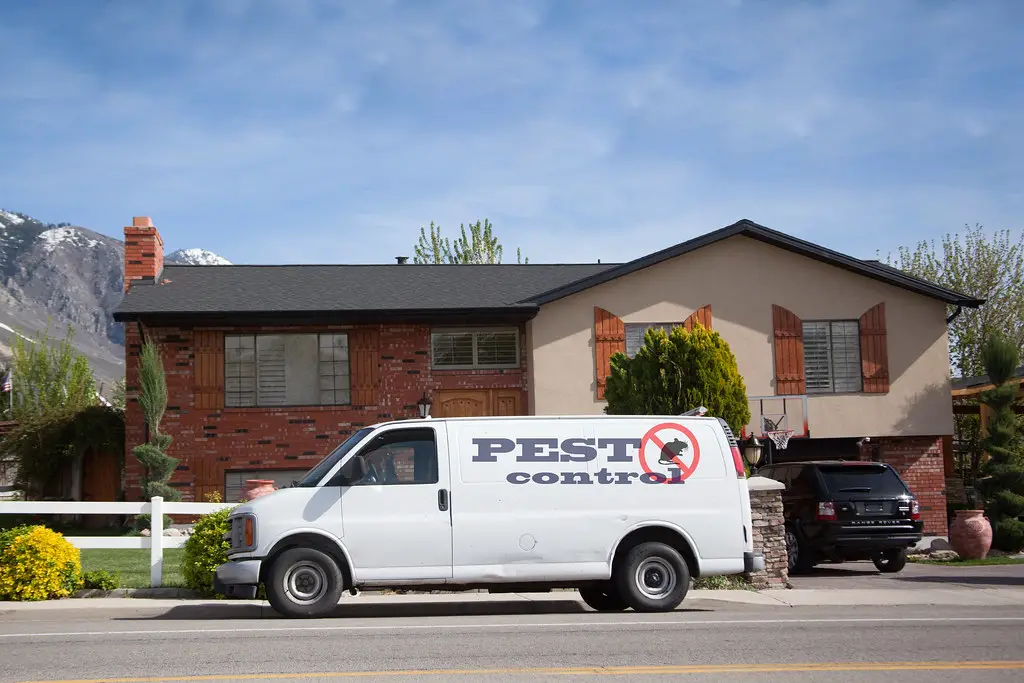
Fake exterminators go door-to-door offering pest control services at unusually low prices, often spraying ineffective or even harmful chemicals. According to The National Pest Management Association, using unlicensed pest control services can expose homeowners to dangerous chemicals and ineffective treatments that allow infestations to persist.
Always verify that a pest control company is licensed and certified before allowing any treatments in your home. Be especially wary of unsolicited offers and pressure sales tactics.
12. Smart Home Device Hacking

With the rise of smart home technology, hackers are finding new ways to exploit security vulnerabilities in connected devices. Unsecured smart locks, cameras, and thermostats can be hacked, giving criminals access to a homeowner’s private data and even control over household systems. According to The Cybersecurity & Infrastructure Security Agency, weak passwords and outdated firmware are common entry points for cybercriminals.
To protect against this, homeowners should regularly update their devices, use strong passwords, and enable two-factor authentication whenever possible. Investing in a secure network and monitoring smart home activity can also help prevent cyber intrusions.
